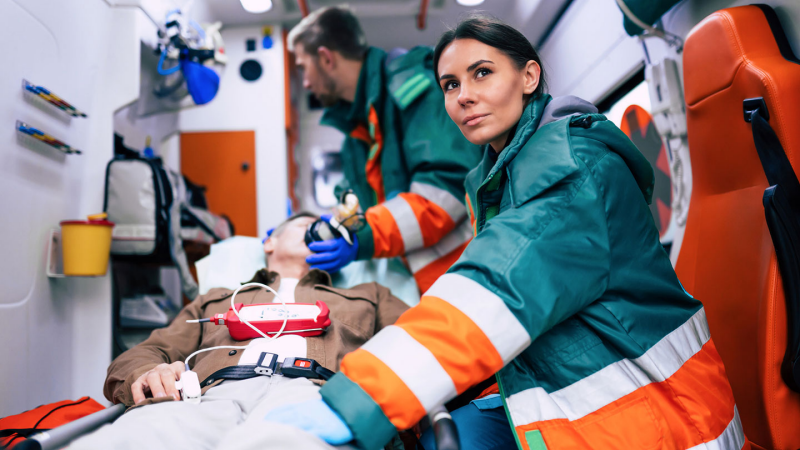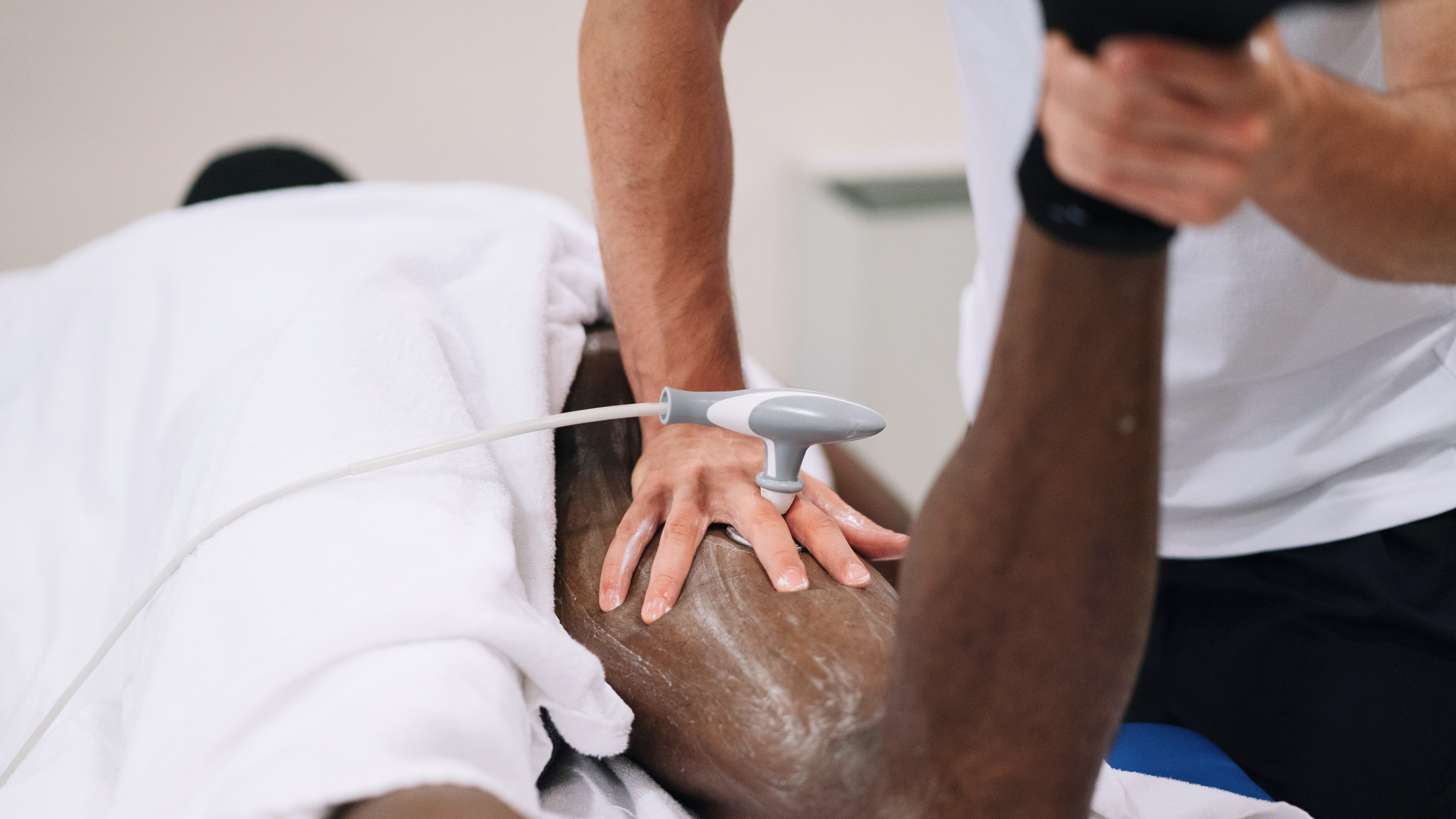What can disqualify you from becoming an EMT?

Emergency medical technicians (EMTs) and paramedics are generally the first to arrive at the scene of an accident or emergency. People's lives are in their hands, so it's no surprise that with this great responsibility, they may have to adhere to strict rules.
In this article, we'll cover precisely what paramedics and EMTs do and what might disqualify someone from this career choice.
What do EMTs do?
First things first, let's cover what paramedics and EMTs do. These are highly trained professionals who need to be certified in the state they're working in (sometimes with multiple certifications) and who provide pre-hospital care at the scene of an emergency.
EMTs and paramedics respond to emergency calls, assess injuries, remove individuals from danger where it makes sense (say, freeing someone who's been trapped), and administer emergency care. They also transport injured or sick people to medical facilities, like the hospital, and often provide medical care en route. Without exaggeration, they're depended on during life-or-death situations.
Beyond these general duties, the specific responsibilities of EMTs and paramedics depend on their qualifications and training. They're often required to receive multiple certifications depending on their exact role.
Wondering what the difference between paramedics and EMTs is? What sets the two apart is their level of education and training. EMTs can handle basic medical tasks, while paramedics can perform more complex medical procedures.
Things that could disqualify you from becoming an EMT
Education disqualifications
While this varies from state to state, for the most part, paramedics and EMTs must have a high school diploma or their GED and have acquired various certifications. For instance, in New York State, EMTs must have a four-year high school diploma or its educational equivalent (GED or foreign high school equivalent) and a valid NYS DOH EMT-B certification or a valid NYS DOH EMT-P certification.
Physical disqualifications
Paramedics and EMTs help injured people in emergencies, so they need to have a certain level of physical strength. While the exact requirements vary state by state, here are some standard physical requirements for EMTs to pass their training courses:
- Must be able to lift and carry at least 100 lbs. and push and pull objects weighing at least 50 lbs.
- Must have steady hands to give IVs to patients or apply bandages to wounds.
- They should be able to speak clearly and quickly, especially to doctors, when taking injured or sick patients to the hospital.
- Must be able to move around in small areas and make precise movements to prevent injury when responding to calls.
- Must have good hearing so they can identify emergency signals of equipment, alarms, heartbeats, and breathing, and should be able to see in color.
If you're seeking to become an EMT, you may be asked to undergo a physical examination by a doctor to make sure you're in good overall health.
Criminal background disqualifications
An EMTs job performance can determine if someone lives to see another day. State-set policies regarding criminal background disqualifiers are in place not only for the protection of the EMTs but also for the public.
While criminal background check requirements for EMTs vary from state to state, here's a list of some criminal convictions that could disqualify you from becoming or remaining an EMT:
- Murder conviction
- Attempted murder conviction
- A sexual offense conviction
Also, felony convictions can stop an application if they're related to:
- Use of a deadly weapon
- Physical assault
- Child abuse
- Property theft, robbery, or burglary
- Sexual abuse or assault
Final thoughts
There are many reasons you might want to pursue a career as an EMT, but before you do, you may want to take the time to understand some of the things that could disqualify you from obtaining this role. It's a unique role given its physical demands, exposure to the public, and hands-on requirements when it comes to serious situations.



